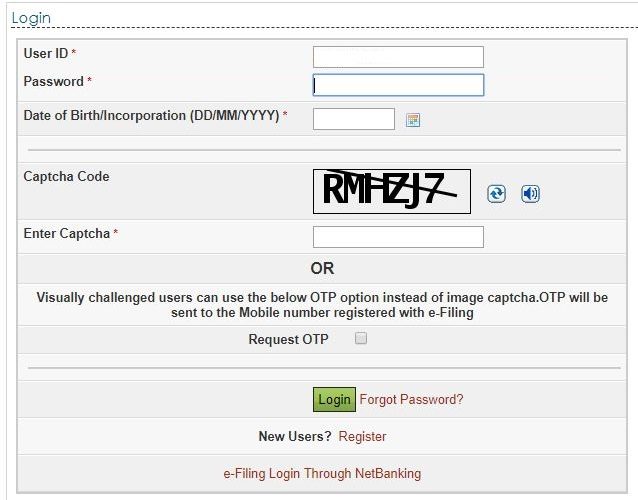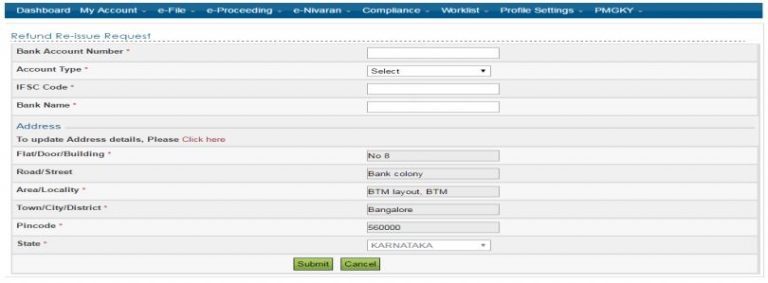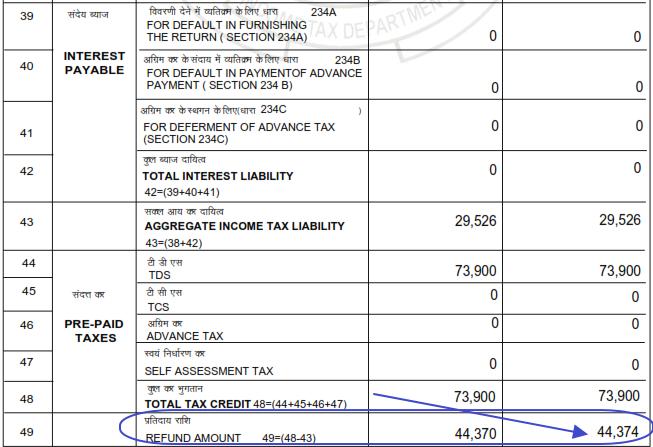Voucher Number
A number serially entered on any voucher is much help in the accounting system. As a Fundamental of Accounting, it is required that all vouchers must be properly numbered in the physical vouchers as well in the books of accounts.
System of Numbering
There are various methods for numbering vouchers – serially numbered – 1,2,3….., monthly numbered – Apr1, Apr2 , nature wise numbering – for Cash Payment CP1, CP2, …. etc.. However, the objective of having voucher number is more of control purpose. Once entered in the books, it prevents any change into it.
Problems of Voucher Numbers in NGO Accounting
The major problem is faced when NGO maintains accounting Project-wise. Means, for each project separate Tally, is maintained. Also, when cost-centres or cost-categories are used in Tally for Project Accounting, same kind problems are faced. Also, in NGO Accounting, vouchers and supporting come from field and if voucher numbers used serially, it creates pronblem in sequncing.
Video
Check out my below video to find out the answer.
Did I miss something?
Hope this will help you in your NGO, if you have any question, you can ask here or chat with us. Also your comments are welcome on the above subjects.



















